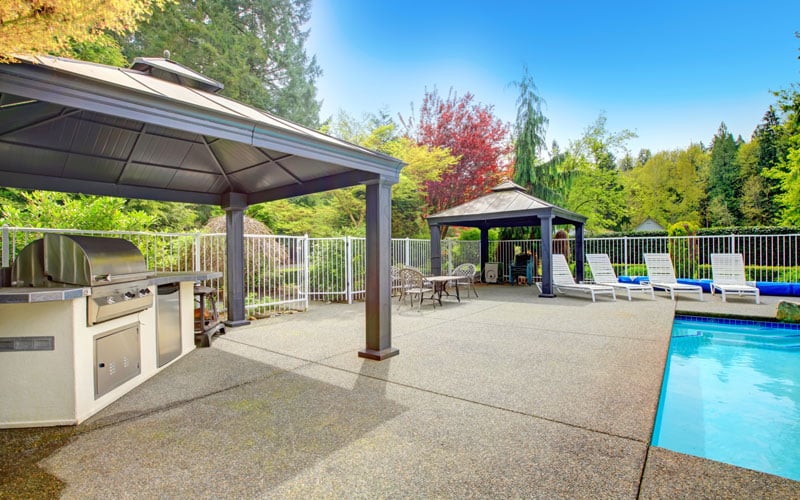Concrete is a widely-used and durable material in construction projects, such as homes, buildings, bridges, and roads. However, concrete can also settle over time, causing issues like cracking and uneven surfaces. In this blog post, we will discuss the primary reasons why concrete settles.
-
Soil Movement: A major cause of concrete settling is movement in the soil under the concrete slab. The soil may shift or settle over time, leading to the sinking or cracking of the concrete slab. This is especially prevalent in areas with high water tables or poor soil quality; much like the Houston area.
-
Improper Compaction: Another reason for concrete settling is improper compaction of the soil under the slab. If the soil is not properly compacted before pouring the concrete, it can settle over time and cause the concrete slab to sink. This is a common issue in subdivisions where houses are thrown up quickly without proper soil work done.
-
Weathering: Weathering can also cause concrete to settle over time. Extreme temperatures, precipitation, and other weather conditions can weaken the concrete and lead to settling. We all know the Greater Houston Area gets its fair share of rain and drought.
-
Lack of Reinforcement: Concrete can also settle if it lacks proper reinforcement. Reinforcing materials such as steel bars or mesh help distribute the weight of the concrete more evenly, preventing settling. Did you know that most large home developers put no reinforcement in their concrete? Don’t worry, Leveled Concrete can still lift and stabilize that concrete.
-
Poor Drainage: Poor drainage can also lead to concrete settling. Water that is not properly drained away from the concrete slab can accumulate beneath the slab and cause it to settle. Much like stepping in a mud hole, your foot will sink, so will that concrete.
In summary, concrete is a robust and long-lasting material, but it can still settle due to various factors such as soil movement, inadequate compaction, weathering, lack of reinforcement, and poor drainage. To avoid settling, it is crucial to use the correct techniques when pouring and reinforcing the concrete and to ensure that the soil under the slab is properly compacted and drained.

